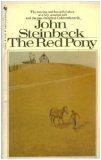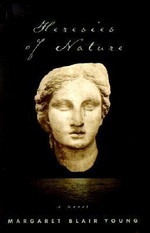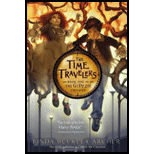I find John Steinbeck to be one of the most under appreciated artists of his time, often overlooked in favor of Fitz or Hemingway. Now, it's not so much that I love him, but I revere and respect him. I value his work and his place in my library. However, I'm not super into short stories, and I'm definitely more into East of Eden and Of Mice and Men, but I did still enjoy The Red Pony.
The Red Pony is a compilation of four short stories about a farm boy named Jody and his different experiences of coming to age. He learns of the fallibility of adults as he strives to become a man, and in the end, he finally does. He learned responsibility, how to work, how to be leader, how to take care of others. And the story is complete.
This is accompanied by another short story, entitled
Junius Maltby, about a boy named Robbie who is raised unnecessarily (and unknowingly) in poverty by his intellectual of a father. However, the community wants to interfere, for Robbie's sake, and it leads to problems.
I did not find either of these stories particularly interesting, or noteworthy, but I don't feel that my time was wasted by reading them, either.









